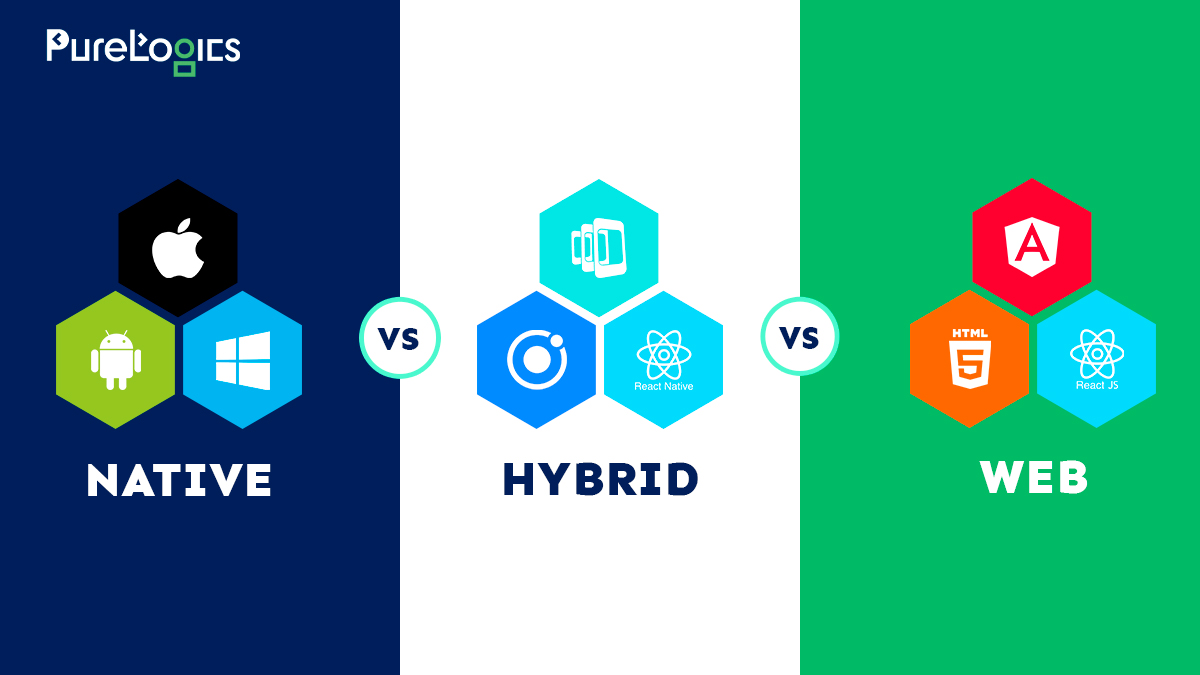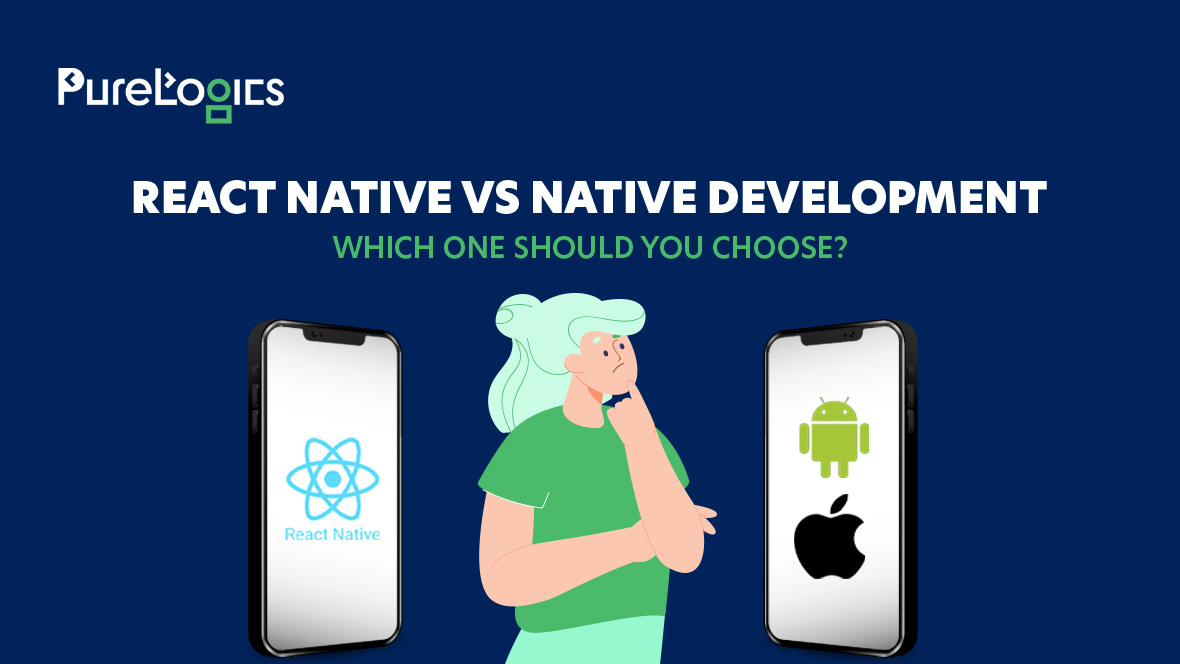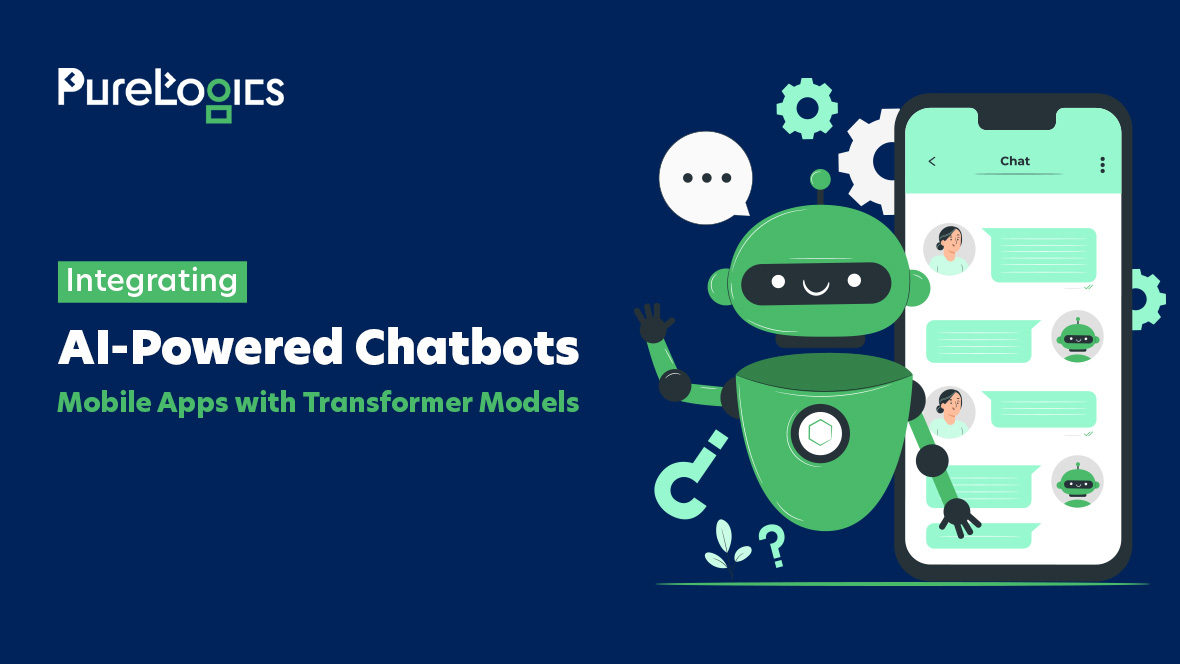Whether you want to develop an e-commerce app, a Healthcare App, a banking app, or an app according to the special needs and requirements of your business, your first and foremost priority must be understanding different mobile frameworks.
You will see multiple options, like native apps, web apps, and hybrid apps, on the market. But remember that not all applications are developed equally and offer different sorts of user experiences.
Some apps require internet access, and some don’t. Will your app need access to native device features? What will be the target time to market?
We will throw light on all the possible queries regarding native apps, web apps, and hybrid apps. So, without any further ado, let’s dive straight into the topic!
Native App
Native apps are those applications that are designed particularly for specific operating systems or devices. It means that when you develop an app for the iPhone, it will only run on iPhones. Similarly, if you create an app for the Android platform, it will only work on Android devices.
| Pros of Native Apps | Cons of Native Apps |
| Faster and smoother performance | Expensive and time-consuming |
| Seamless and responsive user-experience | High maintenance challenges |
| Full access to device features like camera, GPS, etc. | Development resources are less on the market |
| Access to native apps without an internet connection | |
| Easy distribution through app stores like App Store and Google Play | |
| Premium and detailed performance analytics | |
| Safe and secure due to platform-specific security measures |
The benefits and disadvantages of native apps are clearly visible to you. Yes, it is somehow expensive and difficult to find a team of developers who can work successfully on this project.
But you don’t need to worry about it. PureLogics, a leading software development company in New York City, has all the resources you need to successfully develop a native app. We use the most innovative technologies of AI and machine learning to make a native app according to your specific needs and demands of your business.
Web Apps
Web apps (or mobile web apps) are responsive websites that you can access on your mobile phone or tablet via an internet browser window. The best example of a web app you all probably know is Google Docs.
The thing that makes it appealing to businesses as well as users is that you don’t need to download these apps and use your phone’s storage to access their content. Moreover, you can use these apps on different screen sizes and electronic devices easily.
Now, let’s take a look at the benefits and advantages of web applications so that you can understand their amazing features and opportunities.
| Pros of Web Apps | Cons of Web Apps |
| Access to web apps from different devices and operating systems | Web apps needs internet connection for complete functionality |
| Developing this app is highly cost-effective | They are less interactive and have some performance constraints |
| Easy deployment of updates and bug fixes | Limited access to device-specific features like hardware and sensors |
| No installation required. No storage problem. | |
| Easy access to web apps through search engines | |
| Accommodation of multiples users without requiring major infrastructural changes |
There is no doubt that web apps have some limitations, but they offer amazing benefits to businesses and users. For example, budget-friendly development cost, easy deployment of updates, cross-platform compatibility, and much more.
Hybrid Apps
Hybrid apps (or hybrid mobile apps) is a Technology that has powers of both native apps and web apps. This feature allows hybrid app developers to develop apps that operate on all devices and operating systems.
But this needs highly-qualified and experienced human resource to make a successful finished product as hybrid apps use HTML, CSS, and JavaScript technologies.
| Pros of Hybrid Apps | Cons of Hybrid Apps |
| Deployment of web apps on different platforms | Limited performance for resource-intensive tasks |
| Budget-friendly app development | Limited access to the features of device |
| Faster app development due to a common codebase | Reliance on third-party frameworks like Flutter, React Native, etc. |
| Easy maintenance due to a common codebase | Provision of same user-experience on multiple channels is a challenging task |
| Have a wider reach through app stores and web browsers | |
| Offers offline access to some functions |
Now you can observe why there is a huge demand for hybrid mobile apps on the global tech market. We at PureLogics have the best talent who have assisted many businesses in the development of their customized hybrid applications.
Difference Between Native Apps, Web Apps, and Hybrid Apps: Which App is Best for Your Business?
If you are still confused about which is the best application among these native, web, and hybrid applications, have a look at the table below. It shows you the exact differences between these applications and will surely help you make a smart and educated decision.
| Native Apps | Web Apps | Hybrid Apps | |
| High Performance | ✔ | ✖ | ✔ |
| Platform-specific Features | ✔ | ✖ | ✔ |
| Offline Functionality | ✔ | ✖ | ✔ |
| Cross-Platform Development | ✖ | ✔ | ✔ |
| App Store Presence | ✔ | ✖ | ✔ |
| Cost-Efficiency | ✖ | ✔ | ✔ |
| Quick Updates | ✖ | ✔ | ✔ |
We hope that now you have a proper understanding of native apps, website apps, and hybrid apps, as well as the difference between them. So, the stance is clear. If you have a high budget and need to utilize all the above features, the best option will surely be hybrid apps.
But we don’t say that you shouldn’t use native apps and web apps. The ultimate decision depends on your budget and business needs; all applications have their unique set of benefits as well as limitations.
So, if you have decided to develop any of these three apps, PureLogics is here for you. Our team has a rich record of providing App Development Services all around the world.
Discuss your nature of business with our experts, and let us prepare an app that will take your business to the next level.


 [tta_listen_btn]
[tta_listen_btn]
 September 1 2023
September 1 2023






